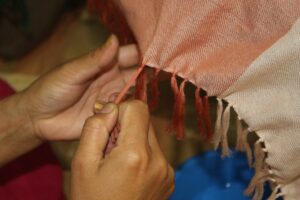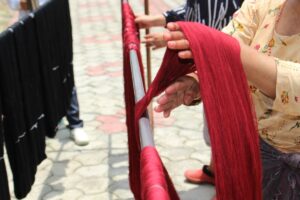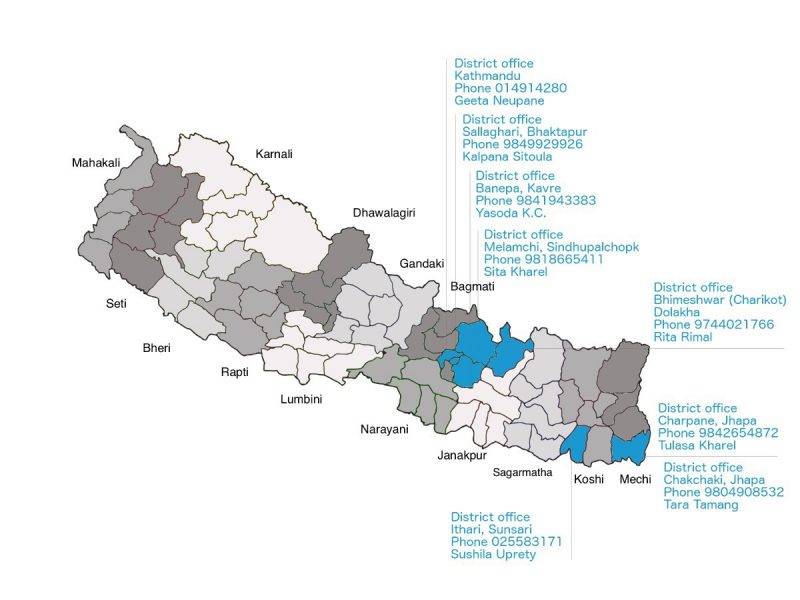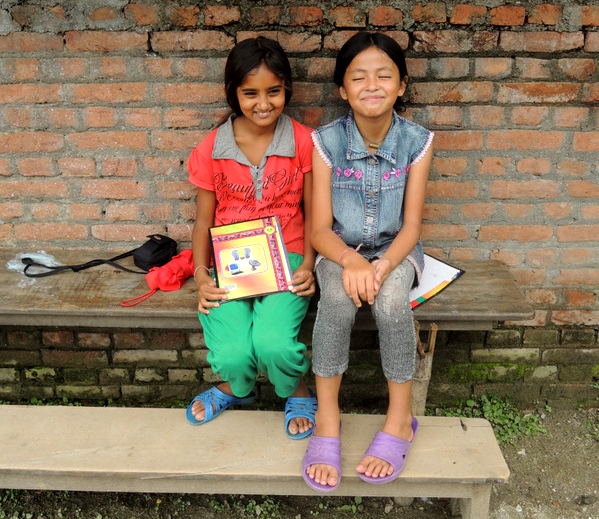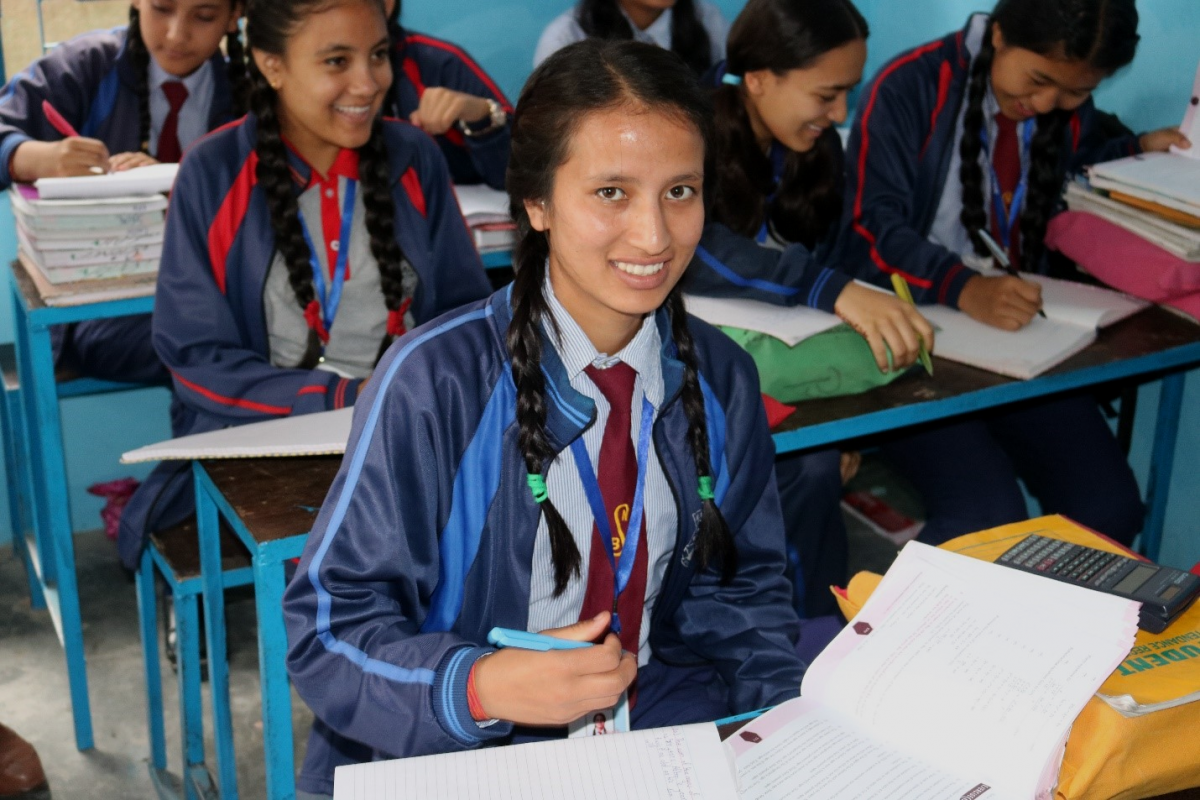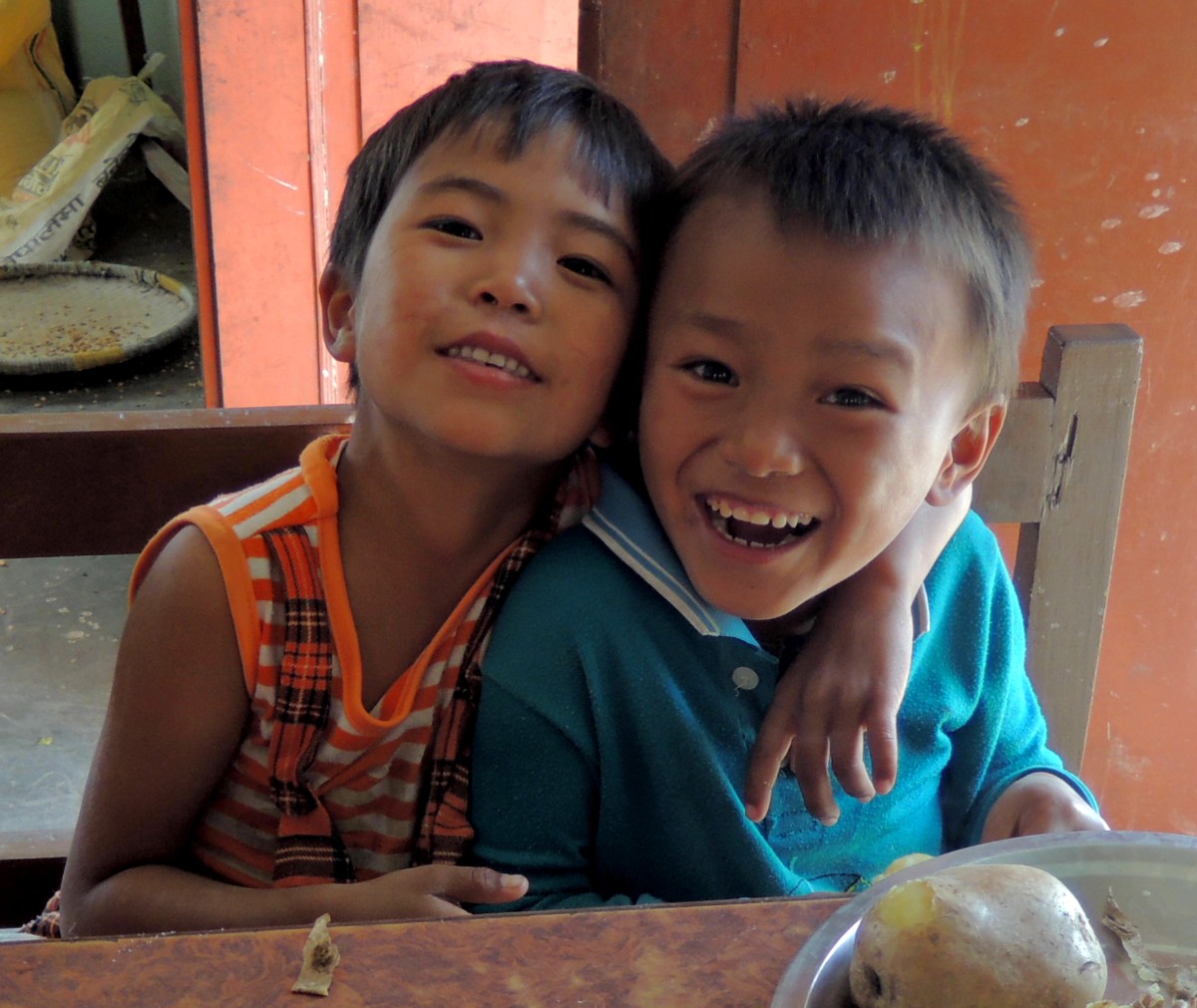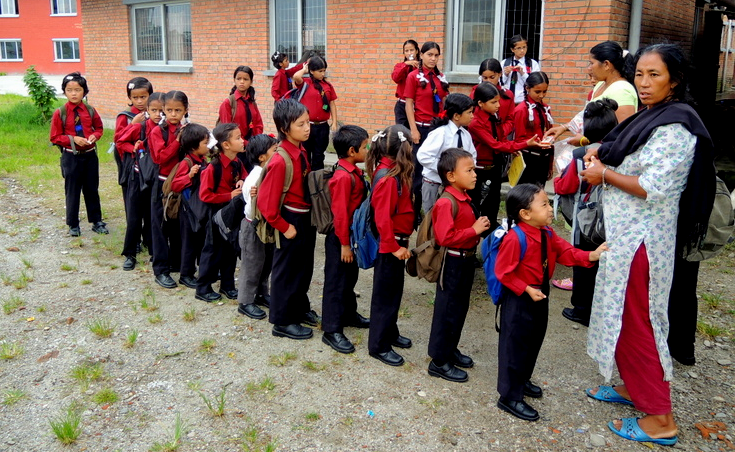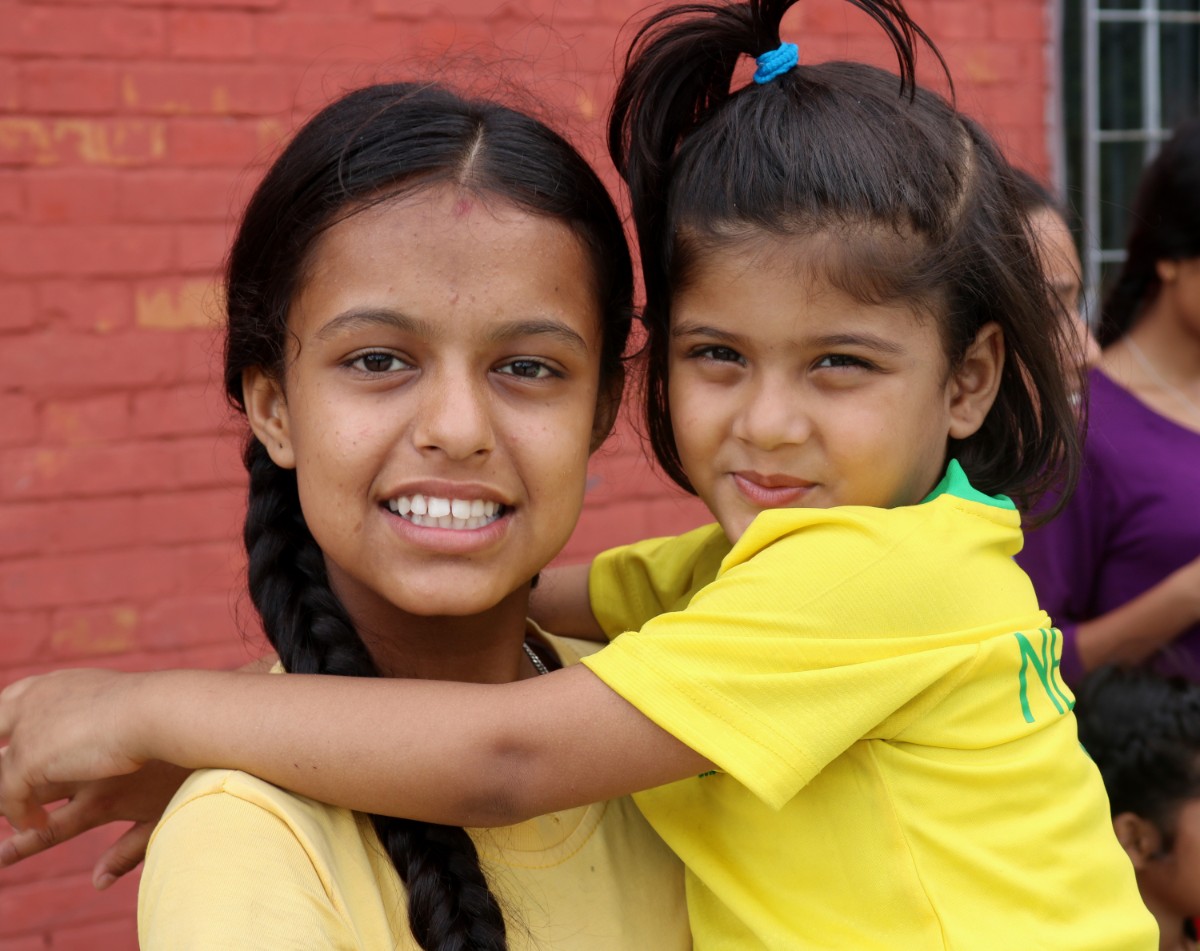Our textile production center
Shamajik Sip Bikash Udhyog (SSBU) is a socially responsible enterprise that aims to empower women by providing them with training, employment, and fair working conditions. Our cooperative not only benefits our employees but also supports various WFN projects.
Our dedicated team
SSBU is proud to have a team of talented individuals, comprising 49 full-time women employees and 5 full-time men employees, along with 31 women working part-time. Many of these women have faced adversity in their lives, including abuse, violence, and poverty. By offering them employment opportunities, we strive to create a positive impact and promote their well-being.
Our exquisite products
Since our establishment in 2000, we have been producing a wide range of beautiful scarves, textiles, and necklaces. Our craftsmanship is highly regarded, and we export our products to wholesalers worldwide. Our valued customers are located in Australia, Canada, Europe, Japan, and the US. We also welcome visitors to our production center in Kathmandu (Boudha), Nepal, where they can explore our collection and purchase our exquisite scarves and other gifts directly.
Explore our wonderful handicrafts here.
See more photos of our production center.
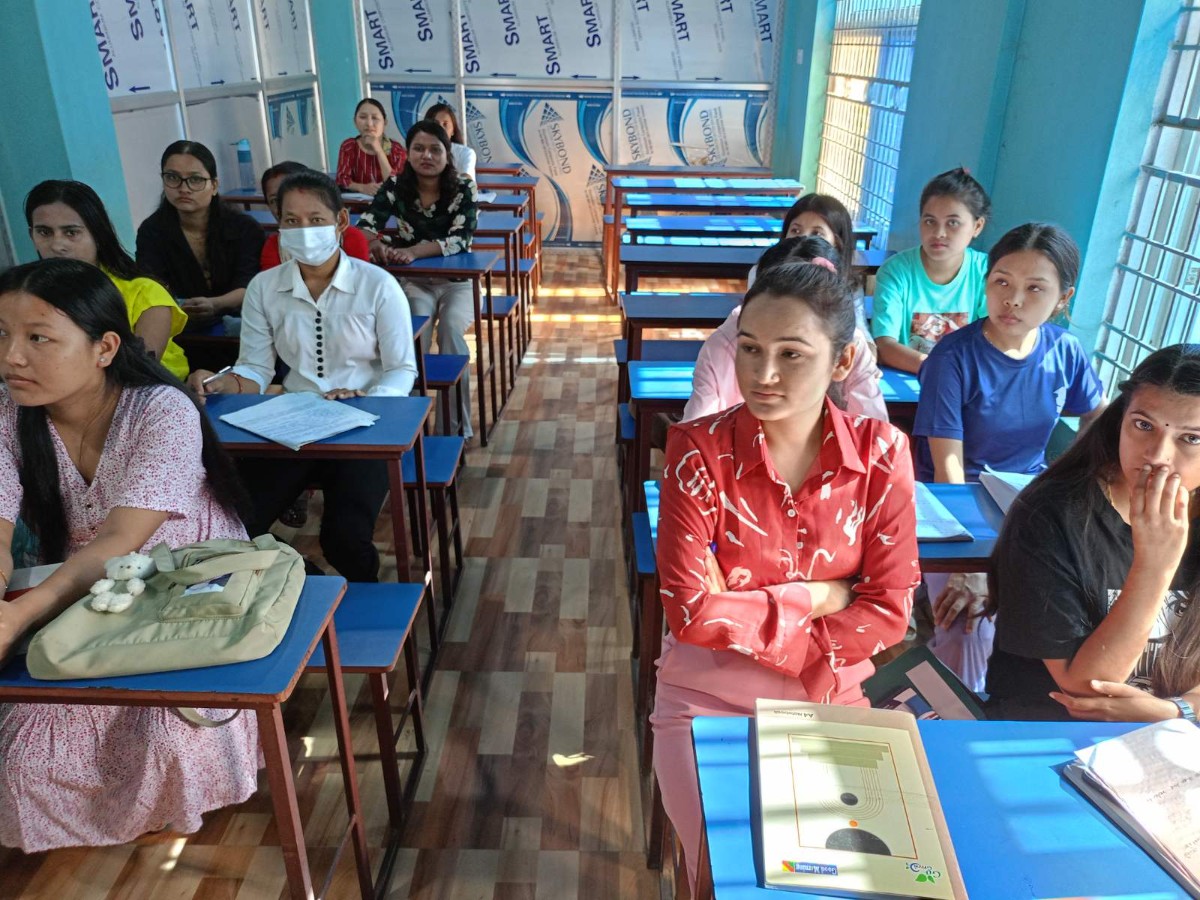
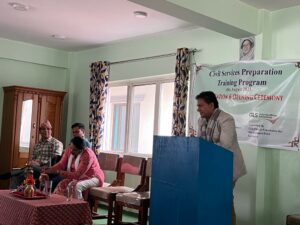
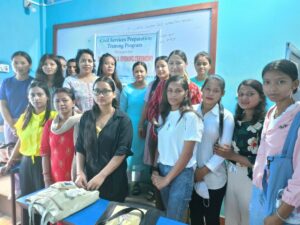
Skills to compete in civil service exams and secure government positions
The Women’s Foundation Nepal has prioritized Civil Service Preparation Training as a key initiative. The objective is to equip educated women from marginalized backgrounds with the skills to compete in civil service examinations or secure government positions. The training plan encompassed two phases, with 20 participants in the first phase and 30 in the second.
In the initial round, all 10/10 participants were selected for both locations, and in the subsequent batch, 15/15 participants from Kathmandu and Sunsari were chosen. The three-month CS preparation course commenced on November 6, 2022, in Kathmandu and on November 7, 2022, in Sunsari for the first phase. The second phase began on August 6, 2023, spanning three months and concluding by the first week of November 2023.
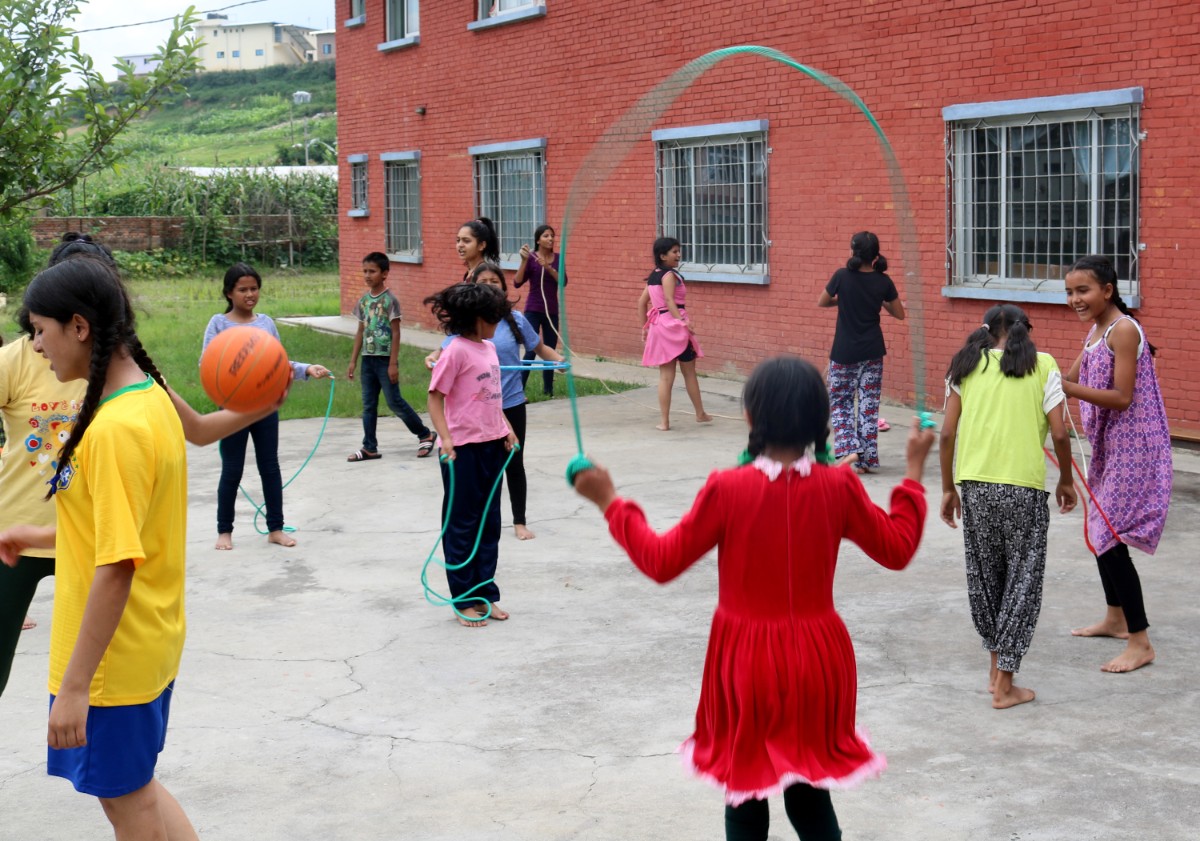
Sponsor a child at the shelter home
Funding a sponsorship is a great thing to do as you can transform the life of a child in Nepal by funding their food, shelter and education. You will lay the foundations for their future and give them the best chance to build empowered and rewarding lives. We ensure that all the children in our care reach their educational and career goals and with your help we can work together to support our children’s futures. A full sponsorship covering all costs: living costs, medical expenses and school fees costs approx. $1,200 a year (from kindergarten to grade 7) whereas approximately $1,350 a year (grade 8, 9, 10). We are also very happy if you would prefer to offer a part-sponsorship. We will send you regular updates about how your child is doing and of course, you can visit your child at the shelter at anytime. If you are interested in sponsoring a child please contact us for more detailed information about the child and we can provide information on their background and how they came to live in the shelter. We hope you choose to become part of our family!
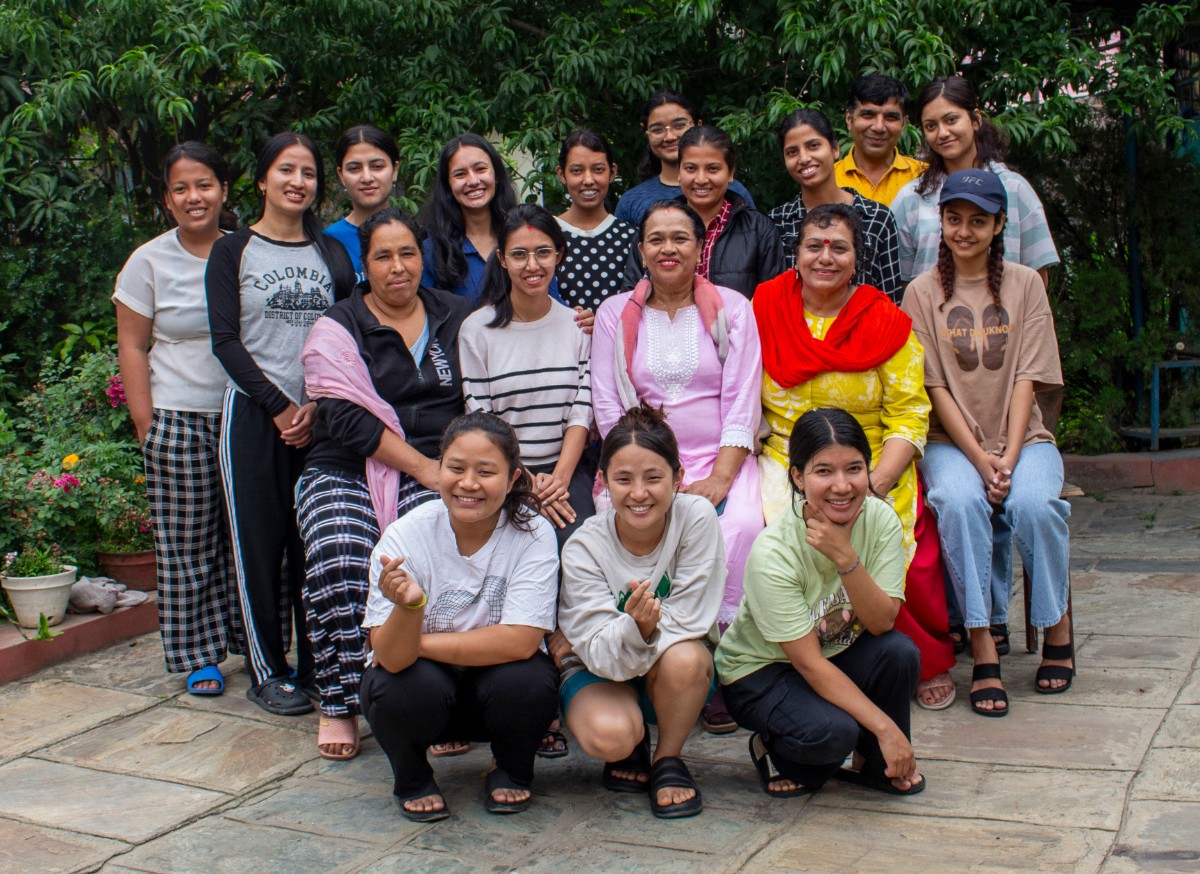
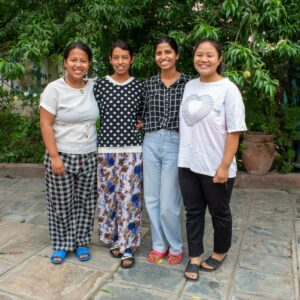
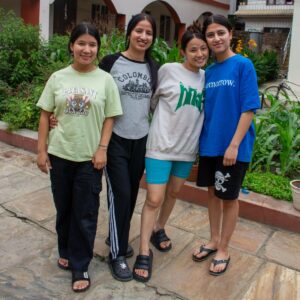
Our Learn to Fly initiative was established with the aim of supporting our daughters who have grown up in the WFN shelter home. When these young women reach the age of 18, government regulations require them to leave the shelter. With no known relatives or connections beyond the WFN family, limited work experience, and little knowledge of navigating society’s day-to-day challenges, they face a daunting transition.
Despite their talents and academic achievements, our daughters need ongoing assistance to integrate into society. Through Learn to Fly, we provide them with progressive guidance on becoming independent community members, imparting practical skills such as managing finances, grocery shopping, cooking, and household chores.
We encourage our daughters to pursue higher education by assisting them in applying for and financing undergraduate programs of their choice. This not only fosters their independence but also empowers them to contribute positively to Nepali society, leveraging their knowledge and experiences to advocate for equality.
Having spent much, if not all, of their lives under the shelter home’s protection, the prospect of suddenly having to fend for themselves can be overwhelming. Rather than abruptly thrusting them into independence at 18, where they may struggle, our program offers them a supportive transition. By joining Learn to Fly, they remain under the emotional and financial care of the WFN family, enabling them to gradually integrate into the community and thrive.
We encourage our LTF group to gradually become financially independent under the following support scheme:
- 1st year – 100% support
- 2nd year – 75% support
- 3rd year – 50% support
- 4th year – 25% support
